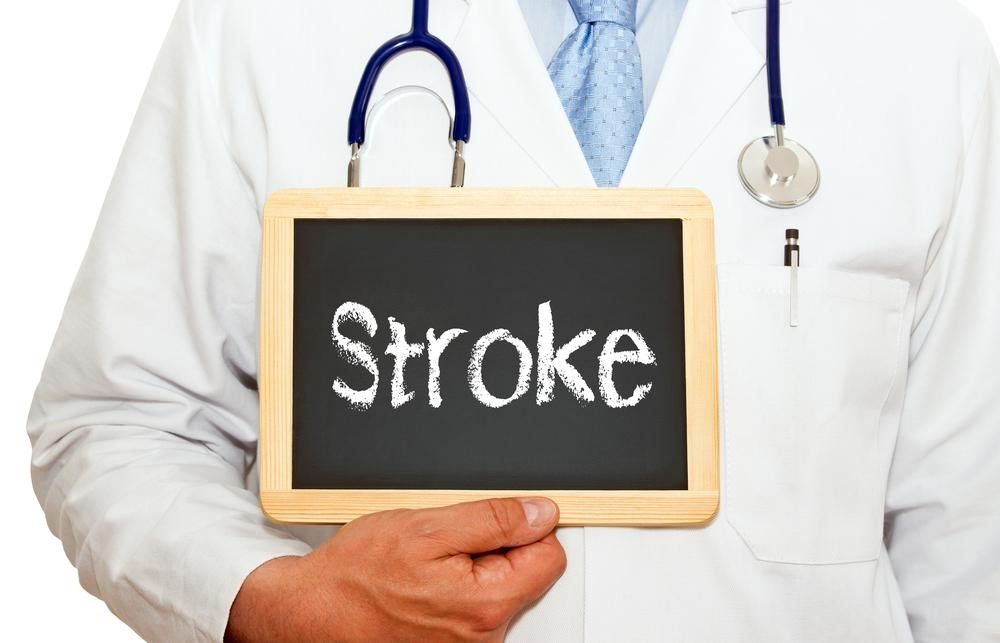Stroke survivors are at an increased risk of dementia and cognitive decline. It is believed that the best way to prevent memory loss and thinking abilities after a stroke is to avoid having a second stroke. Scientists have now discovered the underlying cause of cognitive decline in stroke survivors.
In a new study, published in Jama Network Open, researchers from Michigan Medicine – the University of Michigan’s academic medical center – found that high blood sugar levels in stroke survivors led to increasing loss of brain power.
Earlier studies have shown 60% of stroke survivors develop memory loss within a year and one-third develop dementia within five years. Among stroke survivors, around 53% of dementia cases are attributable to stroke.
“Having a stroke increases a person’s risk of dementia up to 50-fold, but we lack a comprehensive treatment approach that could reduce this risk, other than preventing a second stroke,” Deborah A. Levine, the first author of the study, said in a news release.
Researchers evaluated the details of 1,000 people whose measurements of brain function and blood tests were taken for years before and after they had a stroke.
“These findings suggest that higher cumulative blood sugar levels after stroke contribute to faster cognitive decline, and hyperglycemia after stroke, regardless of diabetes status, could be a potential treatment target to protect post-stroke cognition,” Levine added.
The research team also found stroke survivors with high blood pressure or cholesterol fared better on thinking ability tests than those with high blood sugar levels.
“Tight glycemic control has been shown in people with diabetes to reduce small blood vessel complications in the eyes, kidney, and nerves. Tight glycemic control might also decrease small blood vessel disease in the brain, but this is unproven,” the researchers wrote.
The research team stresses on the need for further clinical research to estimate how strict glycemic control could reduce post-stroke cognitive decline in diabetic patients and those with undiagnosed diabetes.
Researchers said stroke survivors could work with their healthcare teams to develop strategies to manage blood sugar levels, especially if they have pre-diabetes or diabetes.
Photo courtesy of Shutterstock
Published by Medicaldaily.com


